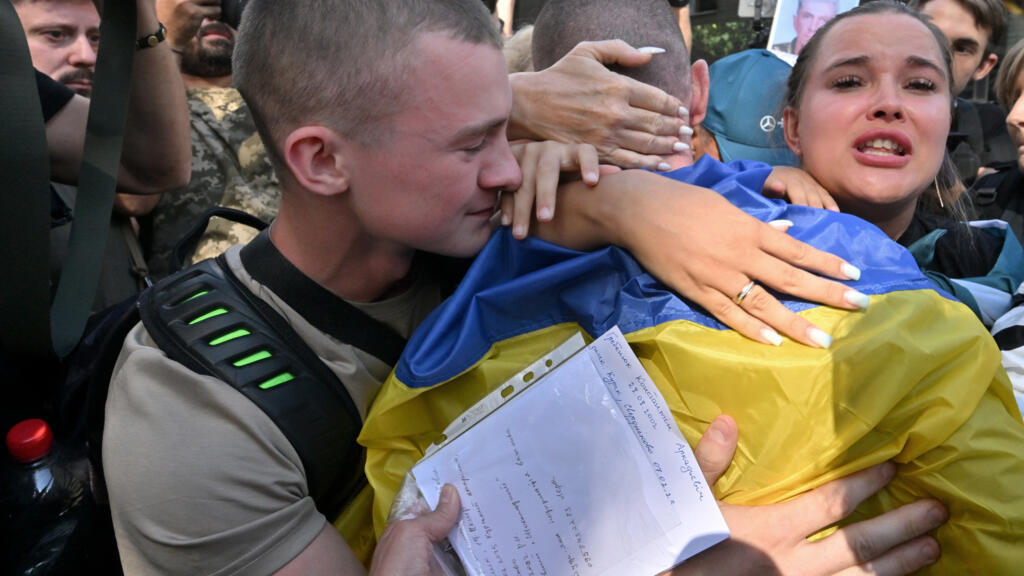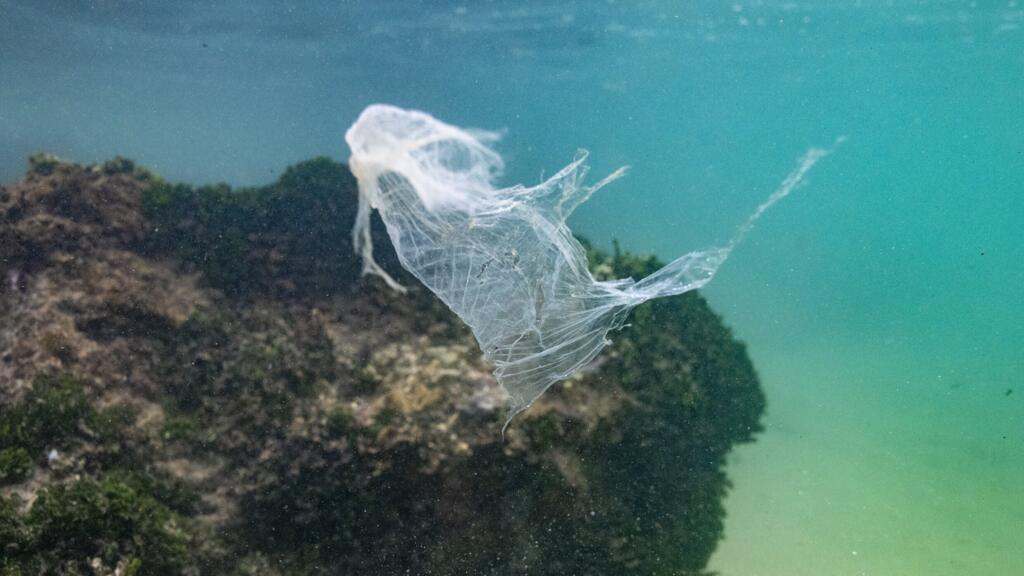Prisoner Swap Between Russia and Ukraine Ahead of Putin-Trump Summit
On Thursday, Russia and Ukraine conducted a significant prisoner exchange, with each side releasing 84 prisoners. This event took place just a day before a highly anticipated summit between Russian President Vladimir Putin and U.S. President Donald Trump in Alaska. The timing of the swap is notable, as it may reflect ongoing diplomatic efforts between the two countries, particularly in relation to their conflict in Ukraine.
According to Ukrainian officials, the exchanged prisoners included individuals who had been held for an extended period, some of whom were identified as "defenders of Mariupol." Mariupol, a strategic port city located in eastern Ukraine, endured a prolonged siege that lasted nearly three months before it fell into Russian hands in 2022. The inclusion of these defenders in the swap highlights the ongoing human toll of the conflict and underscores the emotional significance of their return to Ukraine.
The swap underscores a complex relationship between Russia and Ukraine, which has been marked by tension and conflict since 2014, when Russia annexed Crimea. The release of prisoners is often viewed as a hopeful sign for further diplomatic negotiations, although skepticism remains regarding the overall relationship between the two nations. Each prisoner exchanged represents a person with a story intertwined in the larger narrative of the ongoing conflict.
This particular exchange may also serve as a precursor to discussions at the upcoming summit between Putin and Trump, where broader geopolitical issues are expected to be on the agenda. The prisoner swap could be an attempt by both sides to demonstrate goodwill ahead of these high-level talks, with the hope that it could lead to further dialogue and potential resolutions to existing conflicts.
The fallout from the ongoing conflict has affected thousands of families, making prisoner exchanges a highly sensitive issue. In recent years, there have been numerous exchanges, but they often come in the context of heightened tensions and military confrontations. The emotional impact on the families of the released prisoners cannot be understated, as many have endured years of uncertainty regarding the fate of their loved ones.
As the situation unfolds, the international community watches closely to see if this prisoner exchange will pave the way for more significant negotiations or if it will simply serve as a transient moment of relief amidst a deep-rooted conflict. The upcoming meeting in Alaska between Putin and Trump may not only address issues related to Ukraine but also touch upon broader regional security and bilateral relations, particularly in light of ongoing tensions with NATO and Western powers.
In summary, the recent prisoner swap between Russia and Ukraine reflects ongoing diplomatic efforts and the complexities of the conflict that has persisted for years. The identities of the prisoners, especially those tied to the defense of Mariupol, bring human stories to the forefront of a political landscape often dominated by strategic interests. As both leaders prepare for their summit, the ramifications of this exchange may unfold in various ways, impacting not just the individuals involved but also the broader geopolitical dynamics at play.












